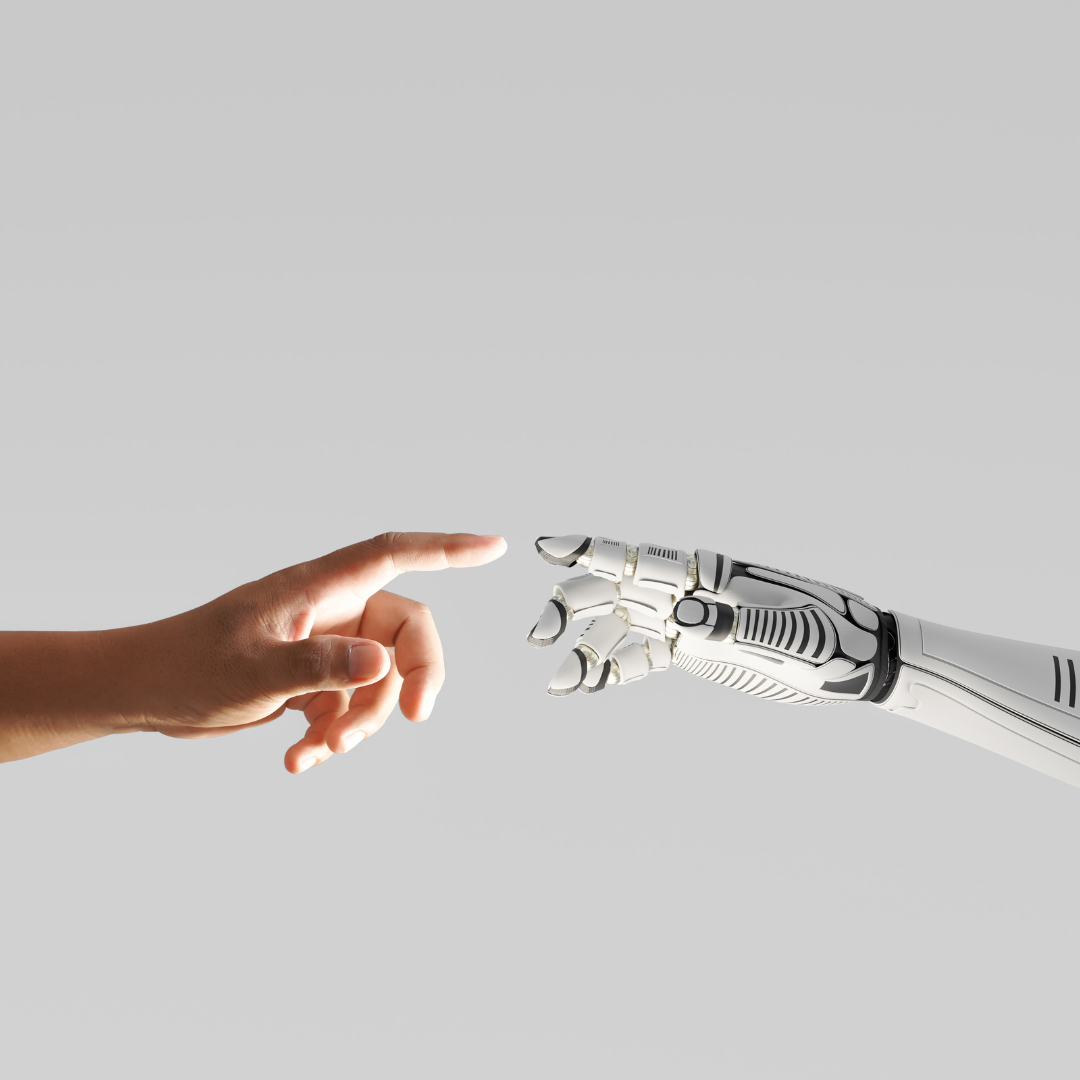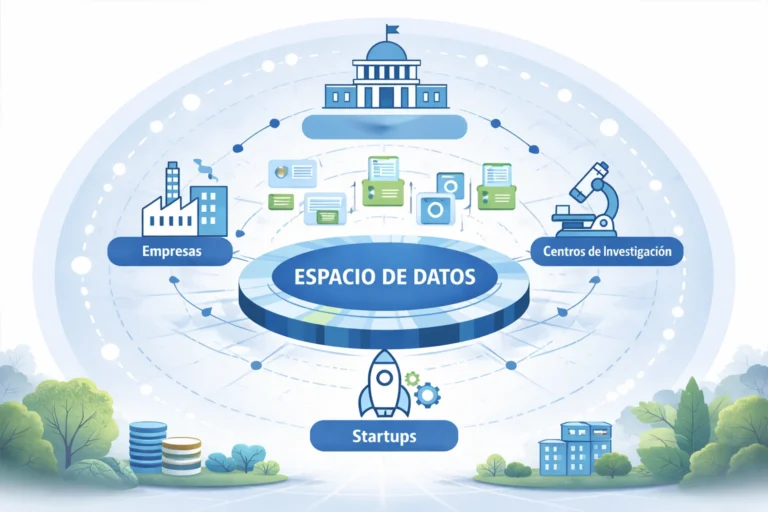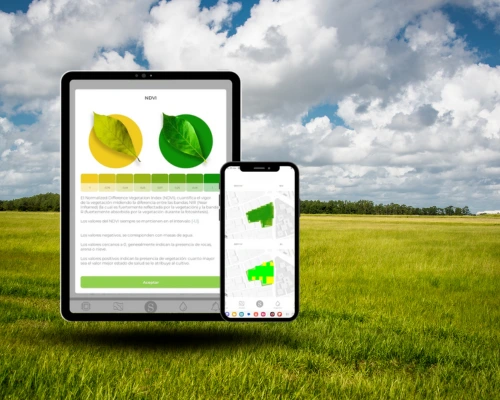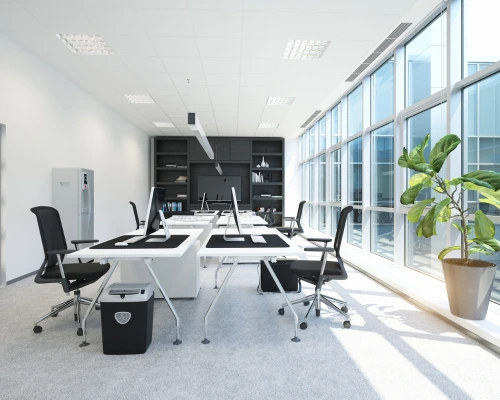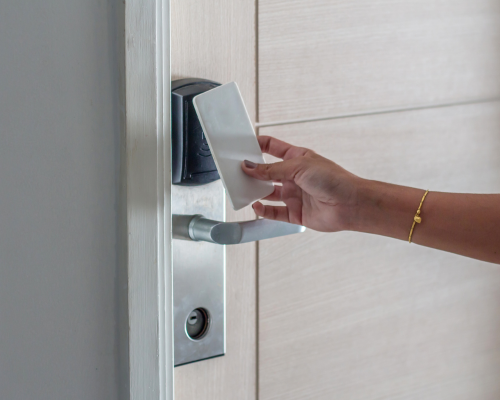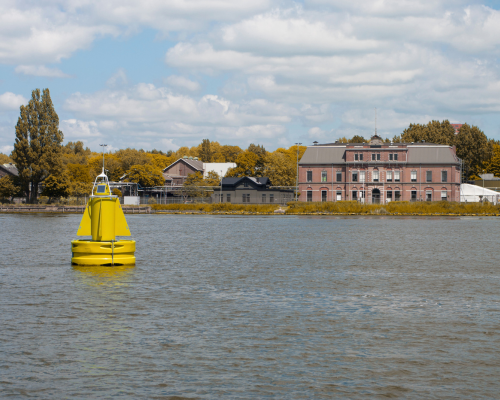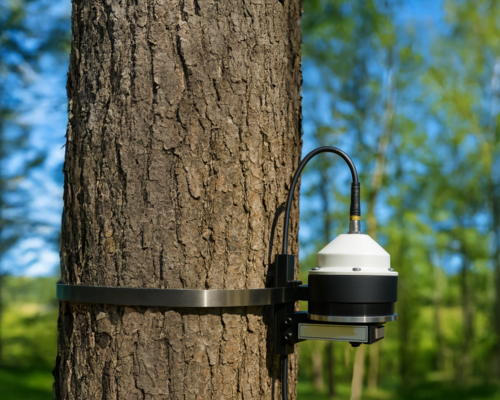An intelligent system will only be able to monitor your health, safeguard you in traffic or protect you in the factory among robots if the system is able to sense the world around it. This means equipping the intelligent system with the appropriate senses and reasoning ability. The recently launched DistriMuSe project will develop this with a variety of distributed and discrete sensors to monitor people, support human health and improve safety in driving and traffic situations and in factory environments with robots.
DistriMuSe is coordinated by VTT and brings together 50 partners (including OdinS) from 7 countries to achieve this ambitious goal. DistriMuSe relies on Chips Joint Undertaking and its budget of around 35 million euros, and is co-financed by the European Commission and national funding bodies. The project started on 1 May 2024 and will last for three years. The DistriMuSe project continues and expands the work started in the NextPerception project.
DistriMuSe aims to contribute to human health and safety by improving detection
Our everyday activities are aided by a variety of more or less intelligent technological devices. Mobile phones, fitness trackers, autonomous vacuum cleaners or factory robots, to name a few. Seamless interaction with these devices offers great potential, but also poses technological challenges and harbors risks. Therefore, to improve health and safety, devices must be equipped with sensors and intelligence to truly understand their human counterpart. This includes monitoring mental and physical states and recognizing activities or intentions without neglecting privacy or data protection.
To make surveillance unobtrusive and continuous, sensing technologies such as radar, lidar, cameras and wearables are used. By deploying multiple sensors, solutions will enable better coverage in both time and space, as well as improving accuracy. The vast amount of data generated by these multiple sensors will be efficiently combined (fused) and processed by distributing the necessary computations across available resources.
Leveraging home measurement-based diagnostics to address health issues
In the healthcare sector, rising costs in Europe, for example due to an ageing population, require a shift from reactive to proactive diagnostics and treatments. This will be greatly facilitated by home health monitoring technology, which helps detect health problems early, call for medical assistance or plan rehabilitation.
DistriMuse therefore focuses on monitoring sleep, activity, exercise and gait to monitor general health trends, cognitive decline (MCI), sleep quality or physical performance. Sleep-related diseases can, for example, be detected before they affect a person’s daily quality of life or work efficiency. To achieve this, the monitoring solution will have to be more cost-effective and convenient than current laboratory studies, while offering the same level of clinical accuracy.
Protecting pedestrians and cyclists with automated traffic solutions
The greatest risk in traffic is posed by the person behind the wheel, especially when drowsy. Driver monitoring systems (DMS) that monitor driver alertness are mandatory in all new vehicles in Europe from 2024 in order to reduce accidents.
Although drivers will be better protected, the safety of vulnerable road users (VRUs) (e.g. pedestrians, cyclists) will still be at the mercy of drivers and increasingly automated vehicles. DistriMuse’s solution is sensor systems that monitor VRUs in traffic as well as drivers, and methods to integrate information from cars and roadside sensors in order to obtain a holistic picture of the situation. This will lay the groundwork for future integration of traffic management systems and advanced driver assistance systems (ADAS).
Safe interaction between humans and robots in a factory
In manufacturing automation, robots have long been responsible for simple, repetitive tasks, with humans remaining at a safe distance from the robots to avoid injury. The next big advancement will be made possible by intelligent collaborative robots (cobots), which interact naturally with human workers sharing the same space. Seamless interaction will enable more complex tasks, such as delivering items or working together simultaneously.
For example, this trend is already taking place in office work, with intelligent assistants such as ChatGPT and Copilot performing specific tasks. DistriMuSe will leverage people-tracking technologies similar to those used in healthcare and traffic to improve human-robot interaction by developing an understanding of human intent. This will enable the robot to proactively avoid any safety risks while continuing to execute the task.

